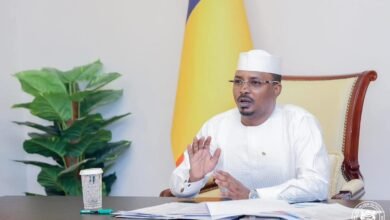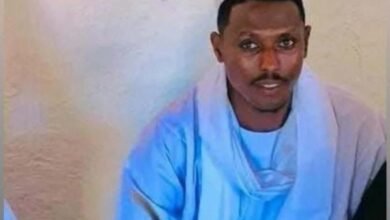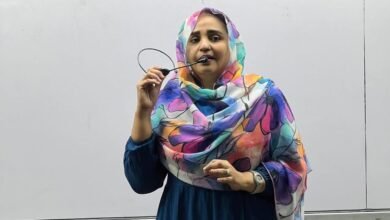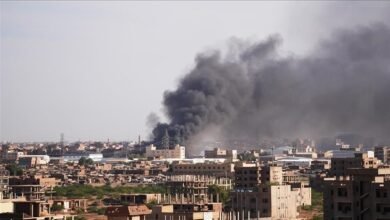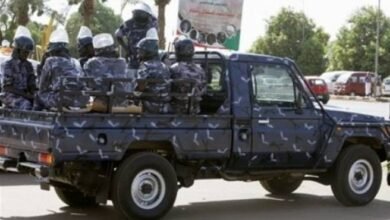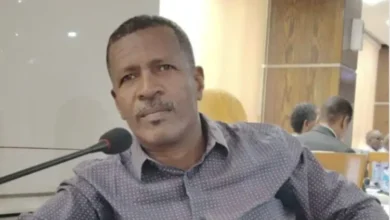Leadership council of the Sudan Founding Alliance (TASIS

Leadership council of the Sudan Founding Alliance (TASIS)
متابعات – السلطة نت
*Response to the African Union Peace and Security Council Statement – Draft-1 (PSC/PR/PS.1292 (2025))*
3st August 2025
The Transitional Government of Peace
A Necessary Clarification in the Spirit of Continental Dialogue
We, representatives of the Transitional Founding Government of Sudan (TASIS), address this response to the African Union Peace and Security Council (PSC) following its 1292nd meeting on 29 July 2025. We recognize the African Union as a vital institution in the pursuit of continental peace, justice, and self-determination. However, we are compelled to express our deep concern regarding the inaccurate, reductive, and contradictory assertions contained in PSC/PR/PS.1292 (2025).
Rather than furthering peace, the Council’s position based on a misreading of both the political composition and legal foundation of the Founding Government—risks entrenching a militarized status quo that has repeatedly proven unwilling to resolve Sudan’s protracted crisis.
The PSC statement refers to the TASIS government as a “parallel government led by the paramilitary Rapid Support Forces (RSF).” This mischaracterization ignores the multi-dimensional, civilian-led, and inclusive nature of the Sudan Founding Coalition, which comprises:
* The Sudan People’s Liberation Movement – North (SPLM–N), a long-standing political force advocating secular, democratic, decentralized state. A coalition of political parties, civil society organizations, professional unions, regional movements, and internally displaced community councils;
* Civilian technocrats and public servants, many of whom have been in exile or marginalized since the October 2021 military coup;
The Founding Government is not a militarist venture; it is a political and moral necessity, born out of the total collapse of constitutional order, the systematic exclusion of millions, and the military’s refusal to negotiate in good faith.
The legitimacy of TASIS does not stem from force, but from the will of the Sudanese people—particularly those who have borne the highest costs of war and authoritarianism. Its legitimacy is rooted in:
* The millions of displaced citizens and refugees in Darfur, Kordofan, Blue Nile/Funj, and beyond, who have been denied voice and protection;
* The diaspora communities whose remittances have sustained Sudan’s economy, and whose revolutionary contributions—political, intellectual, and financial—have been foundational to the 2018–2019 uprising and beyond;
* The growing popular demand for a secular, decentralized, and civilian state, especially in regions historically dispossessed by centralist elites;
* The Founding Charter, adopted through participatory consultations with political, regional, and civil stakeholders.
The Founding Government exists not in defiance of unity, but in response to its betrayal by a regime that seized power by force and rules through discrimination, siege, and propaganda.
We respectfully highlight a glaring contradiction in the AU’s position. The same AU that suspended Sudan’s membership in 2021 on the grounds of an unconstitutional takeover of power, now extends recognition to the very military junta. Despite its continued failure to:
* Establish a credible civilian transition;
* Uphold constitutional norms;
* End the war or engage in meaningful peace talks.
General Abdel Fattah al-Burhan has repeatedly refused to negotiate in Jeddah, Manama, and Geneva. His regime has instead:
1. Armed civilians, in violation of international humanitarian law;
2. Mobilized sectarian and tribal militias;
3. Denied humanitarian aid, identification papers, and public services to perceived “opponents” based on racial and regional profiling;
4. Continued a campaign of misinformation, repression, and militarization.
The African Union, by recognizing this regime as Sudan’s transitional authority, risks legitimizing authoritarianism, impunity, and militarized ethno-nationalism.
5.Introduced discriminatory law known as strange faces law.
We do not seek to fragment Sudan, but to rebuild it on foundations worthy of its peoples’ sacrifices and aspirations.
The peace government will do everything in its capacity to end the war and achieve comprehensive peace.
The Sudanese state’s wars against its own people began even before the founding of the OAU in 1963—starting with the war in the South in 1955 and continuing through systematic violence in the Nuba Mountains, Blue Nile/Funj, Darfur, and Eastern Sudan.
This legacy of internal repression, rooted in a racial and religious apartheid, did not change in 2023—it simply reached Khartoum. The suffering now visible in the capital has long been the daily reality in Sudan’s margins.
The Transitional Founding Government (TASIS) was formed to end this long cycle of state violence and rebuild the nation on the principles of justice, freedom, and equal citizenship.
We call on the African Union to stand not with regimes, but with the people. Sudan deserves more than the return of tyranny—it deserves a new beginning.



